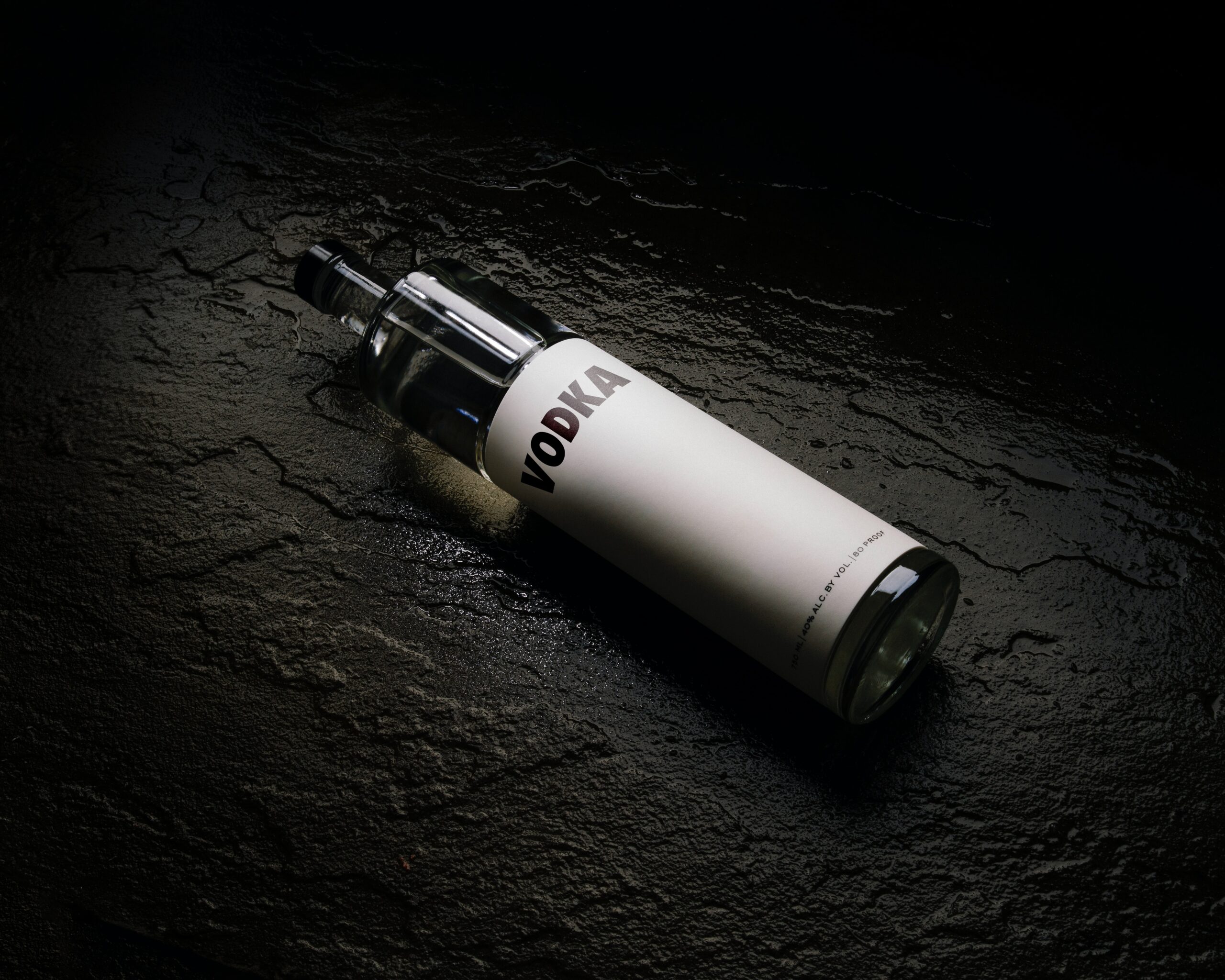When people transition from high school to college, there is a massive feeling of freedom that is associated with it. For the first time in your life, you are free to make your own choices entirely, and this can be both a blessing and a curse. Some college students will abuse their independence, and it ends up in some not-so-favorable outcomes. For example, 1 in 3 college students admit to abusing alcohol or using illegal substances on a regular basis.
If you are a college student, you are a friend of someone who is, or you’re a parent, you need to understand the signs and the dangers of alcohol addiction, and the importance of addiction treatment.
Typical Causes Of Alcohol Addiction In College Students
One of the biggest problems is that there are a lot of causes for alcohol addiction in college students. This newfound freedom can lead them down dangerous paths, so let’s look at why college students typically fall down this rabbit hole.

‘It Won’t Happen To Me’
One of the reasons that college students end up addicted to alcohol is because they think that it will never happen to them. It doesn’t matter how much they drink or how often they drink, because they are never going to become addicted. This mindset has led to many addictions to many substances over the years, and it is often younger people who have this toxic idea that they are somehow immune.
Curiosity
Most freshmen in college have limited experience and exposure when it comes to alcohol, and their curiosity takes over. When this is combined with some of the other factors that we are going to be talking about, this curiosity can lead to many different substance abuse issues.
Mental Health Issues
It’s important to understand that mental health issues do not cause addiction. However, a lot of young people suffer from undiagnosed, or even diagnosed mental health issues that may cause them to try to self-medicate. Alcohol, due to the fact that it’s legal, is often the first place that they will go to see if they can drown out whatever they are feeling.
Anxiety
It is those in their college years who are at the highest risk of developing an addiction to alcohol to deal with anxiety. Dealing with the constant worry and stress and all the other emotions that bombard you with anxiety can be tough, but when you add in a transition to a completely new place, freshmen often seek relief in a drink.
Peer Pressure
College is known for parties as well as academics, and at these parties, alcohol is pretty much a staple. It can be tough to resist temptation when all of your friends are doing it and you just want to fit in, which can lead to a bad relationship with alcohol going forward.
Signs Of Alcohol Abuse/Addiction

If you are a parent or a friend of someone who is in college, you need to know about the signs of alcohol abuse and addiction. Everyone should know so that they can keep an eye on themselves and those that they love. So here are some of the common ones:
- Missed classes
- Declining grades
- Strange financial hardships
- Unmotivated
- Mood swings
- Neglect of hygiene
- Sleeping throughout the day
- Drugs
Of course this is not an extensive list of all of the signs of alcohol abuse or addiction in college students but it’s a good start. A lot of these should be quite easy to spot, but not until the later stages of the addiction which is part of the problem. If you yourself are consuming alcohol on a regular basis and you are noticing any of these things, then you may want to consider getting help.
Treatment For Alcohol Addiction
Alcohol addiction needs to be treated as soon as possible. The level of care that they need will largely depend on the severity of their addiction, but all addicts need to go through the same process to get well again. First, the patient is going to need to detox so that all of the alcohol leaves their system. Medical detoxification is the best and safest way to start the healing process and is done under the supervision of a professional. It’s important for it to be done with a medical professional as withdrawal symptoms will often push people back to their addiction simply to make it stop.
Once the detox has been completed, there are either residential or outpatient treatment options. For those who need more close contact care and help, residential treatment may be the better option. However, others will thrive better with an outpatient approach, so it entirely depends on which form of alcohol treatment the patient and their therapist decide is best.
To learn more, you can speak to a member of our team about our addiction treatment center and our addiction treatment.

